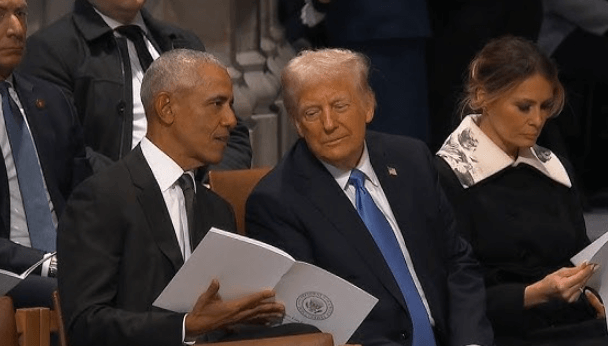Us Gaza Veto, Lockbit Hack and Chinese Fast Fashion

The intersection of U.S. veto power in the Gaza conflict,Us Gaza Veto, Lockbit Hack and Chinese Fast Fashion the recent Lockbit ransomware attack, and the burgeoning Chinese fast fashion industry presents a compelling case study of modern global complexities. Each element reveals significant implications for international relations, cybersecurity, and sustainable practices in consumerism. As these issues evolve, they not only challenge existing frameworks but also prompt critical questions about policy, ethics, and responsibility. How these interconnected dynamics will shape our global landscape remains to be seen, inviting further exploration into their broader impacts.
U.S. Veto and International Relations
The exercise of veto power by the United States in international relations is a critical mechanism that shapes global governance and diplomatic dynamics.
Read also Great Value Peanut Butter Recall
The US veto significantly influences international diplomacy, often affecting the passage of UN resolutions that address pressing issues.
This authority can exacerbate geopolitical tensions, as it reflects the complexities of national interests and global power balances, ultimately impacting global stability.
The Lockbit Ransomware Attack
Recent developments in international relations, marked by geopolitical tensions and the complexities of national interests, have also seen a parallel rise in cyber threats that challenge security on multiple fronts.
The Lockbit ransomware attack exemplifies this phenomenon, driven by hacker motivations that exploit vulnerabilities.
Effective ransomware mitigation strategies are essential for organizations to safeguard their data and maintain operational integrity in this evolving threat landscape.
Impacts of Cybersecurity Threats
Cybersecurity threats exert significant impacts on various sectorsUs Gaza Veto, Lockbit Hack and Chinese Fast Fashion, influencing not only operational efficiency but also broader economic stability and public trust.
The cybersecurity implications extend to compromised digital privacy, affecting individuals and organizations alike.
As attacks become more sophisticated, the resulting breaches can lead to financial losses, reputational damage, and erosion of consumer confidence, underscoring the critical need for robust cybersecurity measures.

The Rise of Chinese Fast Fashion
Rapidly evolving consumer preferences and advancements in digital Us Gaza Veto, Lockbit Hack and Chinese Fast Fashiontechnology have propelled the rise of Chinese fast fashion, positioning it as a dominant force in the global apparel market.
Read also Grand Cayman Storm Damage
This phenomenon reflects shifting consumer behavior favoring affordability and trendiness.
However, the industry faces scrutiny regarding sustainable production practicesUs Gaza Veto, Lockbit Hack and Chinese Fast Fashion, prompting brands to adapt and innovate in response to growing environmental concerns among increasingly conscious consumers.
Conclusion
In conclusion, the interplay of the U.S. veto power, the Lockbit ransomware attack, and the rise of Chinese fast fashion reveals a complex landscape of international relations, cybersecurity threats, and global economic shifts. Each element, while seemingly distinct, intertwines to shape contemporary challenges faced by nations and organizations alike. As geopolitical tensions escalate, cyber vulnerabilities deepen, and fast fashion’s impact intensifies, the critical question remains: how will societies adapt to navigate these multifaceted dilemmas in an increasingly interconnected world?






